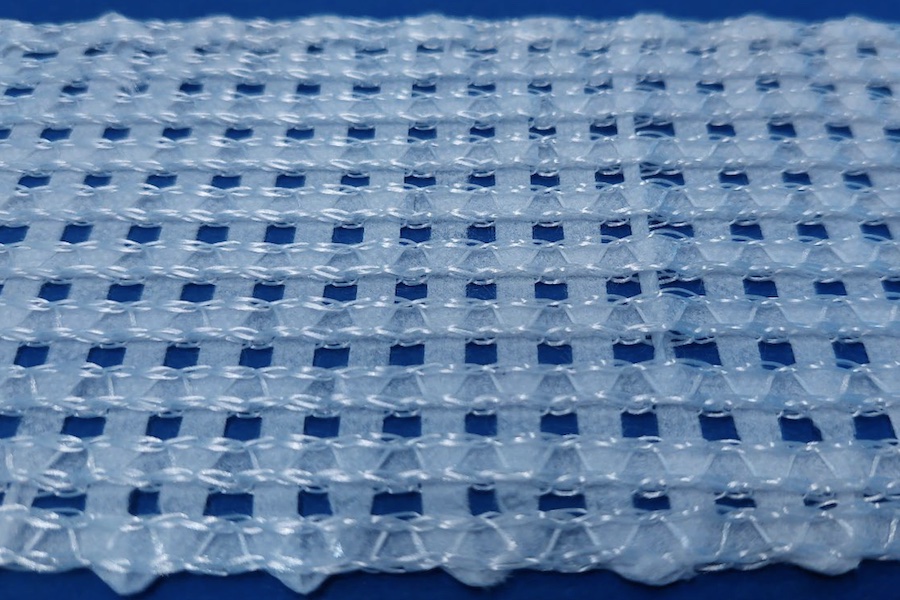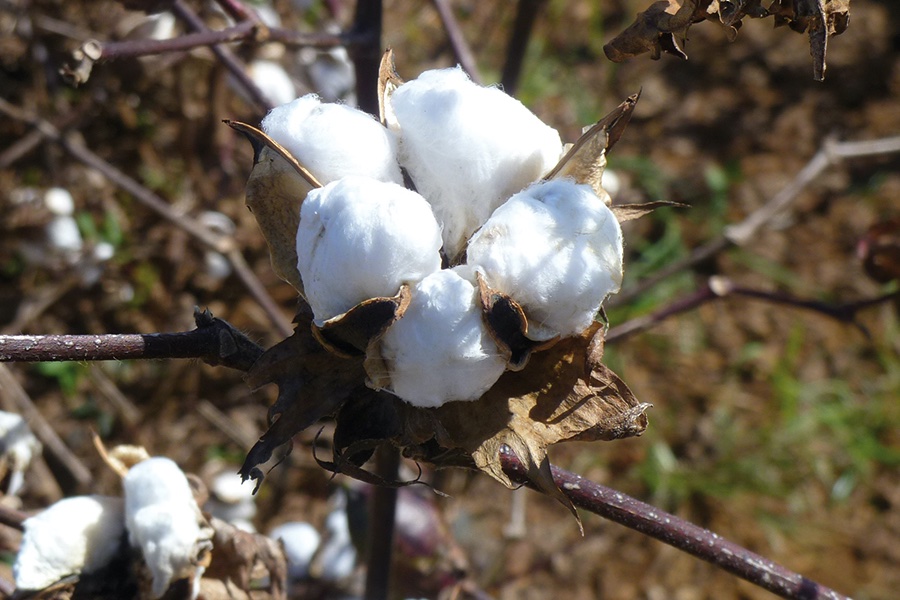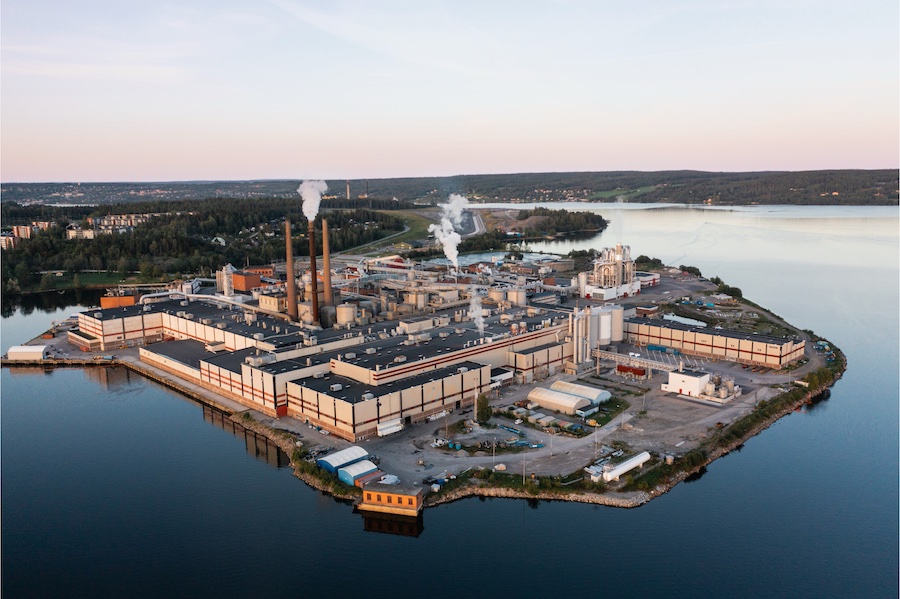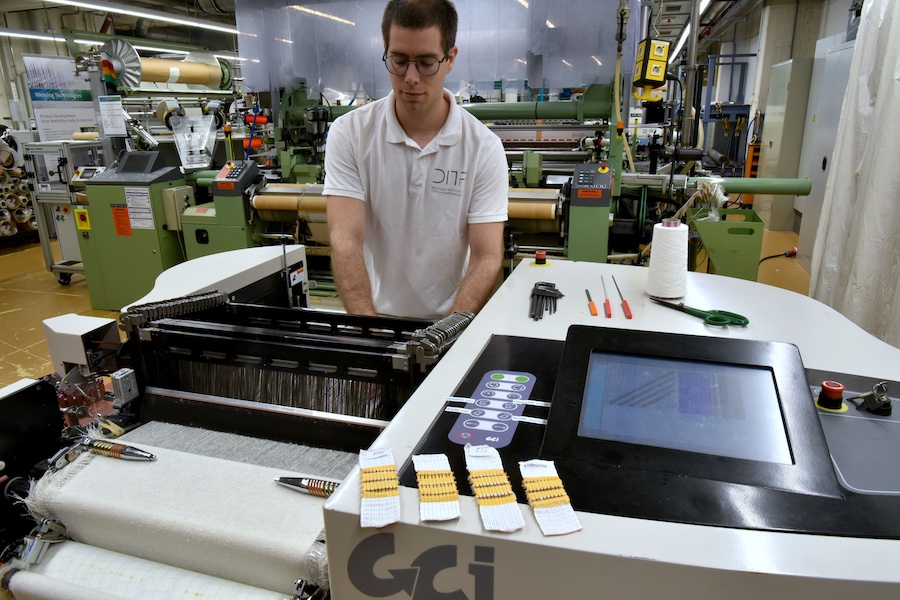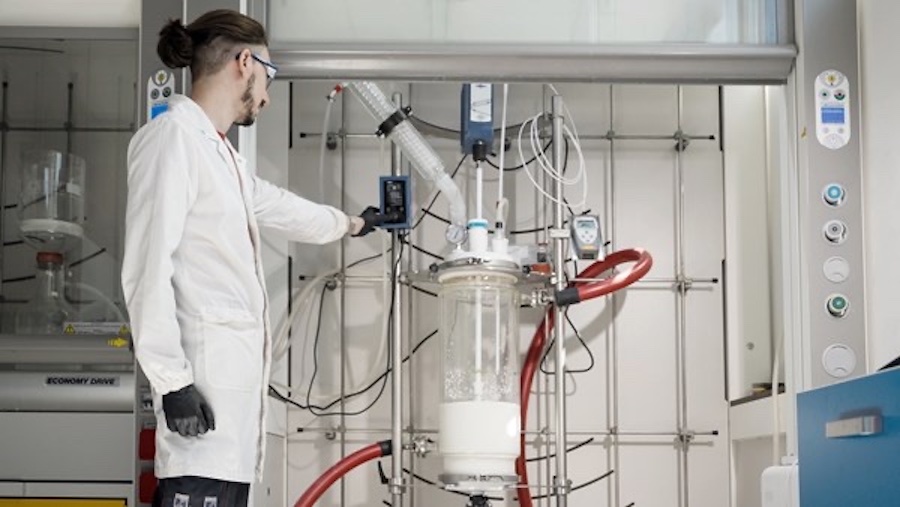#Sustainability
New guidance on science-based targets for nature to support fashion and textile industry sustainability
A critical opportunity for the textile industry
The textile industry relies on both fossil-based and land-based raw materials, both of which significantly impact natural ecosystems. While virgin fossil-based synthetics have overwhelming negative environmental effects, the production of land-based materials such as cotton and leather can either contribute to environmental degradation or restoration, depending on how they are managed.
The inclusion of fibers and materials like cotton and leather in the Science Based Targets Network’s (SBTN) list of High-Impact Commodities underscores the importance of sustainable sourcing. These commodities are recognized for their potential negative impact on climate, land, water, and soil, yet they also present an opportunity for brands to contribute to regenerative systems that restore nature and biodiversity.
New methodology for addressing nature-related impact
The formal introduction of science-based targets for nature by the SBTN in 2024 provided brands with a structured methodology to tackle nature-related sustainability challenges. However, implementing these targets requires granular, location-specific data and increased supply chain visibility, making the process complex and highly industry-specific.
The new Guidance on Science-Based Targets for Nature translates these methodologies into actionable steps, supporting brands and retailers in setting nature-related targets. The publication is designed to help the industry implement Step 3 of the science-based targets for nature framework, focusing on raw material production.
Key focus areas: freshwater and land
The guidance provides practical steps and recommendations for companies to navigate the two most critical environmental impact areas for the textile sector:
+ Freshwater – Managing water use and quality to reduce pollution and preserve resources
+ Land – Promoting regenerative agriculture and responsible land management to restore biodiversity and soil health
By effectively addressing these areas, brands can mitigate their ecological footprint, contribute to biodiversity conservation, and support the regeneration of natural systems.
Aligning with Climate + Strategy
The new guidance aligns with Textile Exchange’s Climate+ strategy, which advocates for a comprehensive sustainability approach that integrates biodiversity, freshwater, and soil health with greenhouse gas emissions reduction.
With this initiative, Textile Exchange continues to lead the industry toward a nature-positive future, providing brands with the tools they need to drive meaningful change in raw material production and beyond.
Full publication:
https://textileexchange.org/app/uploads/2025/02/Guidance-on-Science-Based-Targets-for-Nature.pdf




